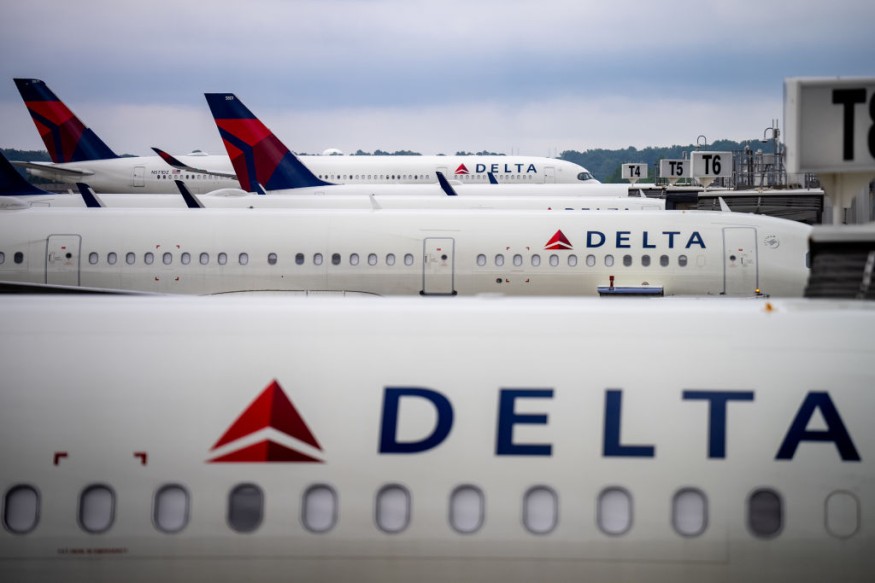
Two Delta Air Lines flight attendants were removed from duty after failing a pre-flight breathalyzer test in Amsterdam, according to Dutch authorities.
The incident occurred on Friday as the crew prepared to board a flight bound for New York City's John F. Kennedy International Airport.
Delta Crew Fined for Alcohol Violations During Pre-Flight Screening in Amsterdam
The female flight attendant was found to have a blood alcohol level seven times the legal limit for aviation crew and was fined €1,900 (approximately $2,000). Her male colleague failed the test by a smaller margin, exceeding the limit by 0.02, and was fined €275 (around $290).
A third flight attendant from another airline was also caught during random screenings, registering 6.5 times the legal limit and receiving a fine of €1,800 (about $1,900), CBS News.
These tests were part of routine screenings conducted by Dutch aviation authorities at Schiphol Airport. During a three-hour period, 445 pilots and flight attendants were tested, highlighting the vigilance of local aviation safety measures.
Delta Air Lines responded to the situation by reiterating its strict alcohol policy. "Delta has zero tolerance for alcohol violations," the company stated, confirming that the affected employees were immediately removed from their duties. Despite the incident, the flight departed on time and was not disrupted.
Aviation Laws Across Europe and US Set Strict Alcohol Limits for Aircrew
According to ABC News, European aviation laws prohibit aircrew members from consuming alcohol within 10 hours of a flight, emphasizing the importance of maintaining low blood alcohol levels for the safety of passengers and crew.
The European Air Safety Agency warns that adhering to time-based rules does not always guarantee compliance with blood alcohol concentration limits.
In the United States, similar regulations are enforced, with the Federal Aviation Administration (FAA) requiring at least eight hours between drinking and flying. The FAA also mandates the removal of any crew member whose blood alcohol concentration is 0.02 or higher.
This incident underscores the critical role of pre-flight alcohol testing in ensuring passenger and crew safety. Random screenings like those conducted in Amsterdam serve as a reminder to aviation professionals of their responsibilities and the potential consequences of non-compliance.
While the majority of airline personnel abide by these stringent rules, violations such as these highlight the need for continued vigilance and enforcement in the industry.
Delta Air Lines, headquartered in Atlanta, maintains one of the strictest alcohol policies in the aviation industry. The airline affirmed its commitment to passenger safety and regulatory compliance, stressing that any breach of its guidelines is met with swift action.















